Introduction to the University of Calabar:
Introduction
The University of Calabar is a well-known institution of higher learning in Nigeria. It is committed to providing high-quality education, scientific research and social services, and has cultivated many outstanding talents. It has a certain influence both in Nigeria and internationally.
Overview
Student size: The current number of students is about 40,645.
Course settings: Undergraduate and postgraduate courses, as well as professional courses and online learning courses covering a variety of fields, such as art, science, social sciences, medicine, law, engineering, etc.
History and establishment time
The school was established on October 25, 1975. Its predecessor was the Calabar campus of the University of Nigeria. It began operations in the 1973-1974 academic year with 154 students and a small group of academic, administrative and technical personnel. In 1975, the Nigerian federal military government announced that as part of the national development plan, seven new universities would be established in selected locations across the country, and the University of Calabar was one of them.
School strength
Faculty: It has a highly qualified faculty, including many professors, associate professors, etc.
Research achievements: A wide range of research activities have been carried out in many fields, and a series of important results have been achieved. For example, the school is one of the first universities in Nigeria to automate the student registration process through the college portal, and further automates alumni relations, including online transcript application and processing, which is the first time in the country.
International Exchange: It has established cooperative relations with many well-known international universities and research institutions, and carried out student exchange programs, joint scientific research cooperation, etc., which has enhanced the school's international influence.
Nature of the institution
It is a public university owned and operated by the Nigerian federal government.
Educational philosophy
Mission: Through high-quality research and teaching, cultivate high-quality graduates and scholars with theoretical, practical and entrepreneurial skills in key learning areas to prepare for the working world.
Vision: Become a center of excellence, cultivate graduates with global competitiveness, and make significant contributions to development through research.
Philosophy: The school is based on the pursuit of knowledge to enlighten, liberate and serve humanity.
Key laboratories and disciplines
Key disciplines: Medicine, law, agriculture, social sciences and other disciplines are the school's advantageous disciplines, with a high level in teaching and research.
Key laboratories: The school has a number of professional laboratories, such as medical laboratories, agricultural laboratories, scientific laboratories, etc., equipped with advanced instruments and equipment, providing good conditions for scientific research and teaching.
Departments
The school has the following departments:
College of Allied Medical Sciences
College of Basic Medical Sciences
College of Dentistry
College of Medicine
College of Basic Clinical Sciences
College of Management Sciences
College of Education
College of Social Sciences
College of Clinical Sciences
College of Arts
School of Public Policy and Management
School of Law
School of Biological Sciences
School of Physical Sciences
School of Engineering and Technology
School of Environmental Sciences
School of Pharmacy
School of Medical Laboratory Sciences
School of Agriculture, Forestry and Wildlife Management
Institute of Oceanography
Bassey Andah School of African and Asian Studies
Graduate School
University of Calabar Consulting Service Center
Ranking
It is in a relatively leading position among domestic universities in Nigeria, but no specific authoritative ranking data for the school in the world has been found.
Expenses
Tuition fees vary according to majors and degree levels. For specific fees, please refer to the school's official website or consult the school's admissions office.
Campus Environment
Campus location: Located in Calabar, an ancient city with a long cultural tradition and a history of contact with Western civilization. The school's developed area covers 17 hectares and is located in the eastern part of the city, between the Kwa River and the Calabar River.
Architectural style: The campus has a variety of architectural styles, integrating modern and traditional elements. The teaching buildings, library, student dormitories and other buildings are well laid out and fully functional.
Facilities and Equipment: The school has complete teaching facilities, such as libraries, laboratories, computer centers, etc., as well as sports facilities such as gymnasiums and sports fields, providing students with good learning and living conditions. The library is one of the largest and most comprehensive academic libraries in Nigeria.
-
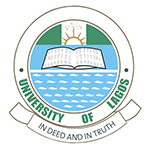
University of Lagos
-
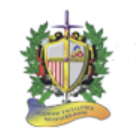
Benson Idahosa University
-
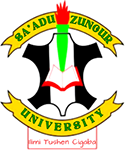
Bauchi State University
-
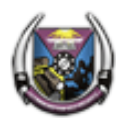
Federal University of Technology, Akure
-

Tai Solarin University of Education
-
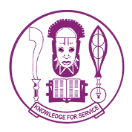
University of Benin
-
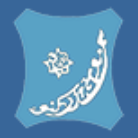
Bayero University Kano
-

Ahmadu Bello University
-
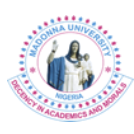
Madonna University
-
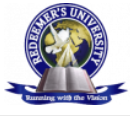
Redeemer's University
-

Mesoamerican University
-

Istmo University
-

Mariano Galvez University of Guatemala
-

Regional University of Guatemala
-

Galileo University
-

Francisco Marroquín University
-

Rafael Landívar University
-

University of the Valley of Guatemala
-

University of San Carlos of Guatemala
-

Technological Institute of Tlaxcala Plateau
-

Golfo University
-

Technological University of South Sonora
-

Technological University of Huejotzingo
-

Tizimín Institute of Technology
-

Chilpancingo Institute of Technology

